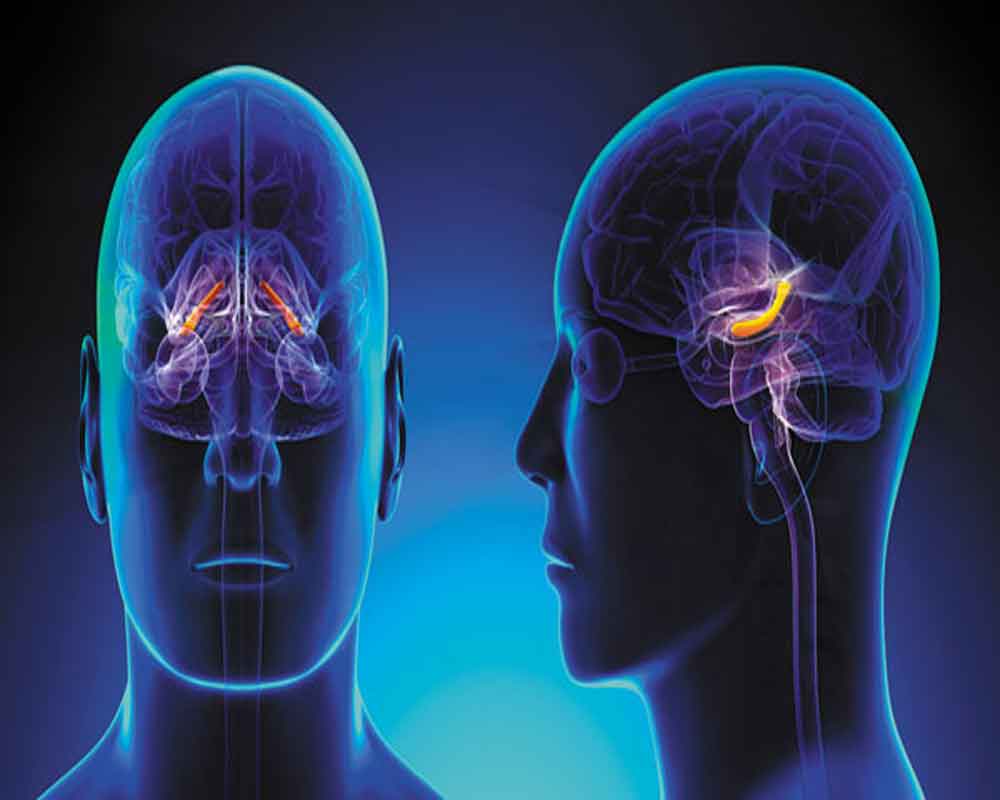As the day progresses, the electrical activity between different brain regions when people are at rest may significantly decrease, according to a study which suggests that the excitation could be the lowest in the morning, increases in the mid-afternoon, and dips in the early evening.
The study, published in the journal PLOS, revealed a cumulative decrease in the excitation between different regions of resting brains as the day progressed.
According to the researchers, including those from the National University of Singapore (NUS), this global decrease was most prominent in brain regions responsible for processing vision and body movements.
In the study, they analysed the brain scan data of approximately 900 subjects who were examined between 8 AM and 10 PM on two different days.
Across the whole brain, the scientists found that the time of day was also associated with marked decreases in resting-state functional connectivity -- the correlated activity between different brain regions when no explicit task is being performed.
"We were surprised by the size of the overall time-of-day effects, since the global fMRI signal is affected by many factors and there is substantial variation across individuals," said Csaba Orban, first author of the study from NUS.
"At the present moment we don't have a good explanation of the directionality of our findings," Orban said.
However, the researchers said, they also observed slight time-of-day-associated variation in the breathing patterns of participants, suggesting that they may also need to consider clues outside of the brain to fully understand the effects.
Based on the findings, the researchers recommended that clinicians report the time of day of fMRI brain scans, and other experimental protocols and measurements, since this could help account for between-study variation in results, and potentially even failure to replicate findings.
"We hope these findings will motivate fellow neuroscientists to give more consideration to potential effects of time of day on measures of brain activity, especially in other large-scale studies where subjects are often scanned throughout the day for logistical reasons," said Thomas Yeo, senior author of the study from NUS.


























